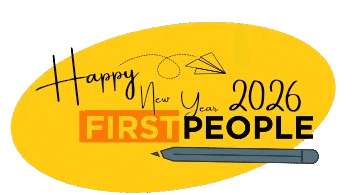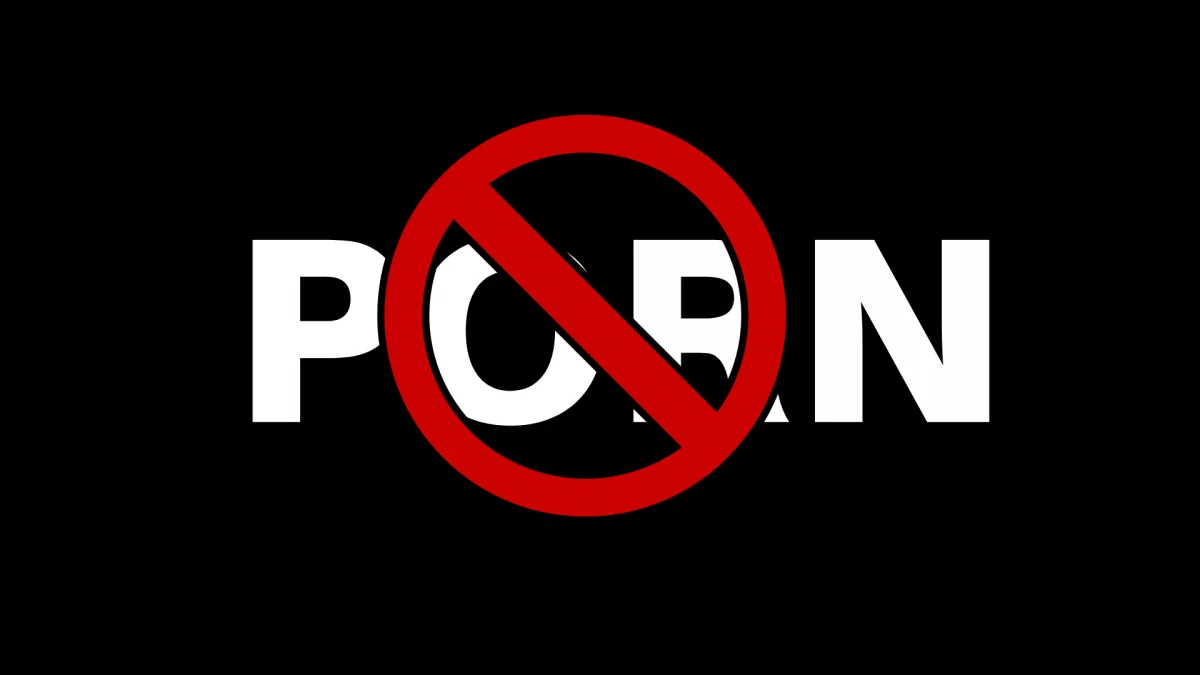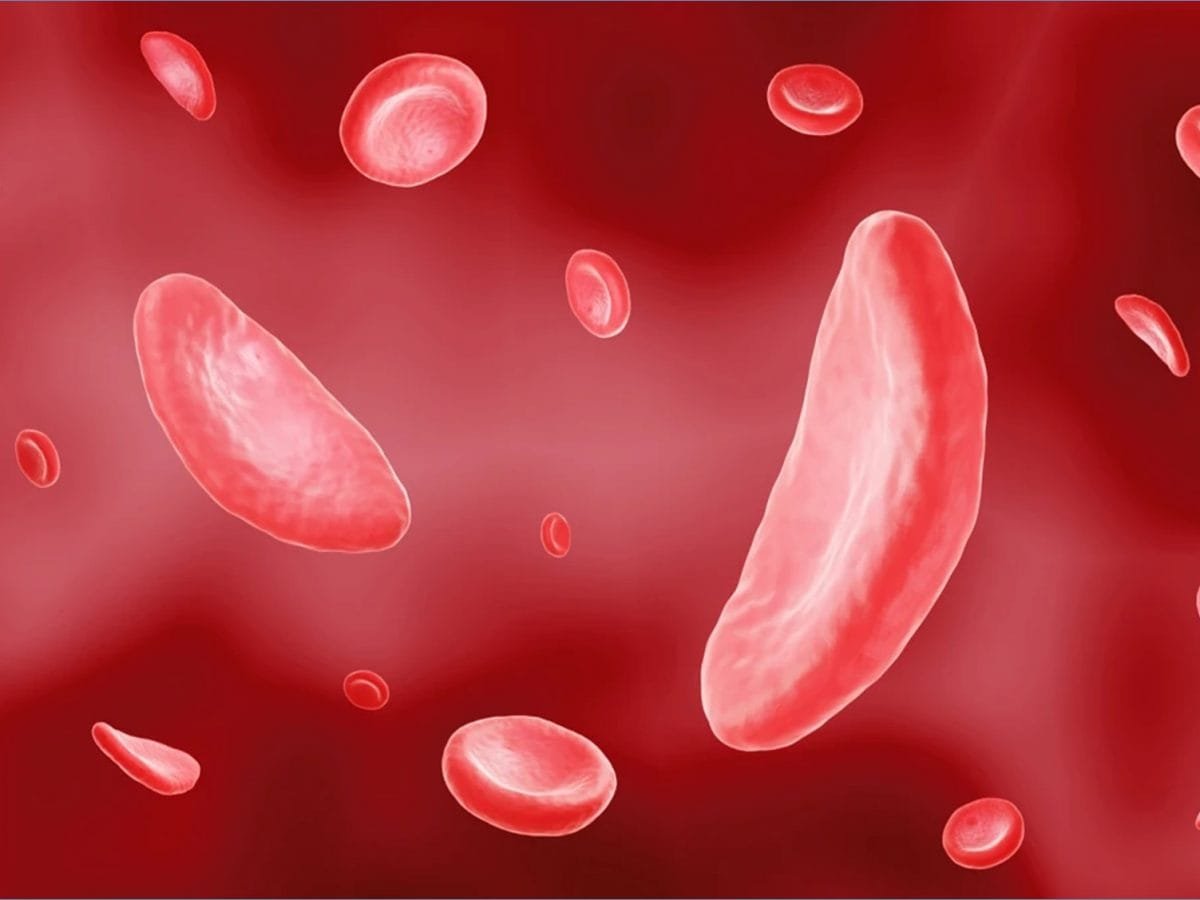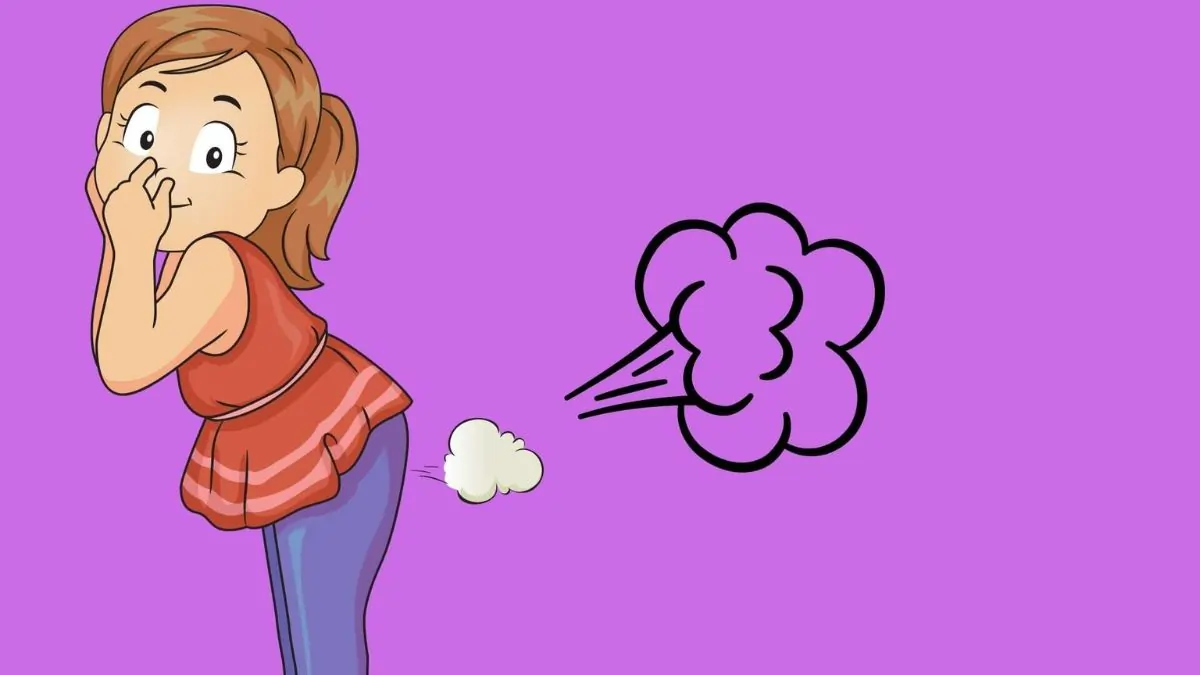In recent years, the internet has revolutionized how we access information, connect with others, and entertain ourselves. Among the many forms of digital content available, pornography has become one of the most consumed and controversial. With growing accessibility, concerns about its impact on mental health, relationships, and societal values have intensified. The recent viral statement attributed to Russian President Vladimir Putin on finding alternatives to pornography has reignited this global debate, prompting conversations about addiction and ways to break free from it.
The Global Impact of Pornography
Pornography is a multi-billion-dollar industry with a vast audience, cutting across age groups and demographics. While it may provide entertainment or sexual education for some, its widespread availability has led to unintended consequences.
Mental Health Concerns
Research shows that excessive consumption of pornography can lead to addiction, desensitization, and unrealistic expectations in intimate relationships. For individuals, this often manifests as anxiety, depression, or low self-esteem.
Relationship Issues
Pornography can distort perceptions of intimacy, causing dissatisfaction in real-life relationships. Partners may feel inadequate, leading to mistrust, jealousy, or even the breakdown of relationships.
Societal Implications
Beyond individual and relational impacts, pornography contributes to the objectification of people and perpetuates harmful stereotypes. This raises ethical questions about consent, representation, and exploitation within the industry.
What is Porn Addiction?
Porn addiction refers to the compulsive consumption of pornography despite its negative effects on an individual’s life. Like any other addiction, it involves a cycle of craving, use, and guilt, making it difficult to break free.
Signs of Porn Addiction
Spending excessive time watching pornography.
Neglecting personal responsibilities or relationships due to consumption.
Feeling unable to control the urge to watch.
Experiencing withdrawal symptoms like irritability or restlessness when abstaining.
Why Seek Alternatives?
The need for alternatives to pornography stems from its potential to disrupt lives and relationships. Alternatives provide healthier ways to explore intimacy, find fulfillment, and lead a balanced life.
Effective Alternatives to Pornography
- Educational Resources
Instead of turning to pornography for sexual knowledge, people can explore reputable resources that offer evidence-based sexual education. Books, podcasts, and workshops can provide accurate information about anatomy, consent, and healthy relationships. - Creative and Artistic Exploration
Art, literature, and cinema can portray love and intimacy in a meaningful way, emphasizing emotional connection over physical gratification. For example, romantic novels or films with deep narratives can inspire viewers to value relationships over instant pleasure. - Building Real Relationships
Focusing on genuine human connections, whether with friends, family, or romantic partners, can reduce reliance on pornography. Spending quality time with loved ones fosters emotional intimacy, which is often more fulfilling. - Engaging Hobbies and Interests
Finding hobbies or activities that bring joy can shift focus from unhealthy habits. Sports, music, painting, or learning a new skill can provide a sense of purpose and achievement. - Mindfulness and Meditation
Practices like yoga or mindfulness meditation can help individuals gain control over their thoughts and desires. These techniques improve self-awareness and reduce impulsive behavior. - Therapeutic Alternatives
Therapists and counselors specializing in addiction can guide individuals in overcoming their dependency. Cognitive-behavioral therapy (CBT) and other methods have proven effective in addressing underlying issues.
How to Overcome Porn Addiction
Breaking free from porn addiction requires a combination of self-discipline, professional help, and a supportive environment. Here are some practical steps:
- Acknowledge the Problem
The first step is recognizing the addiction and its impact. Denial only prolongs the cycle, while acceptance empowers change.
- Set Clear Goals
Establish specific and achievable goals, such as reducing screen time or abstaining from pornography for a week. Gradually increase these milestones.
- Install Content Blockers
Use software or apps that block access to adult websites. This minimizes temptation and creates a barrier to impulsive behavior.
- Join Support Groups
Communities like “NoFap” or local addiction recovery groups provide shared experiences and accountability. Sharing struggles and successes fosters motivation.
- Replace Triggers
Identify triggers that lead to pornography consumption, such as stress or boredom, and replace them with healthier activities like exercise or reading.
- Seek Professional Help
If self-help methods prove insufficient, consulting a therapist can be transformative. Therapy addresses underlying issues and equips individuals with coping strategies.
Cultural and Policy Perspectives
The debate surrounding pornography extends beyond individual behavior to societal values and policy-making. The viral statement by Russian President Vladimir Putin reflects a traditional perspective, emphasizing morality and cultural preservation. While this may resonate with conservative audiences, others argue for a more liberal approach that prioritizes freedom of choice.
Global Perspectives
Different countries have adopted various approaches to address pornography:
Restrictive Policies: Nations like China and some Middle Eastern countries enforce strict bans or censorship.
Education-Based Approaches: Western countries often focus on promoting sexual education and digital literacy.
Balanced Regulations: Scandinavian countries strike a balance between individual freedoms and societal well-being.
Breaking the Taboo
To address porn addiction effectively, societies must overcome the stigma associated with discussing it. Open conversations about sexuality, addiction, and mental health can normalize seeking help and foster understanding.
The Role of Media and Influencers
Media platforms and influencers play a crucial role in shaping public perceptions. Campaigns that promote healthy relationships, consent, and digital well-being can inspire change. Celebrities and thought leaders sharing their struggles can break the silence around addiction and encourage others to seek help.
A Path Toward Healing
Overcoming porn addiction is not just about abstaining; it’s about rediscovering purpose, building meaningful connections, and embracing self-awareness. By choosing alternatives and seeking help, individuals can reclaim control over their lives.
In a world where digital content is omnipresent, creating a culture of responsibility and respect is essential. Whether through educational resources, creative pursuits, or therapeutic interventions, there are countless ways to break free from addiction and lead a healthier, more fulfilling life.
Final Thoughts
The conversation sparked by leaders like Putin highlights the urgent need to address the complex issue of pornography and its alternatives. While opinions on regulation may vary, the focus must remain on empowering individuals to make informed, positive choices. By fostering open dialogue, offering support, and promoting holistic solutions, we can collectively create a society that prioritizes mental health, relationships, and human dignity over fleeting gratification.












